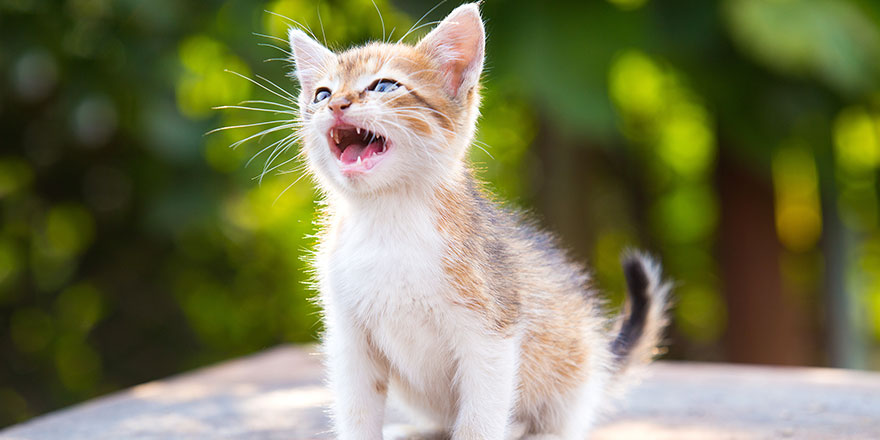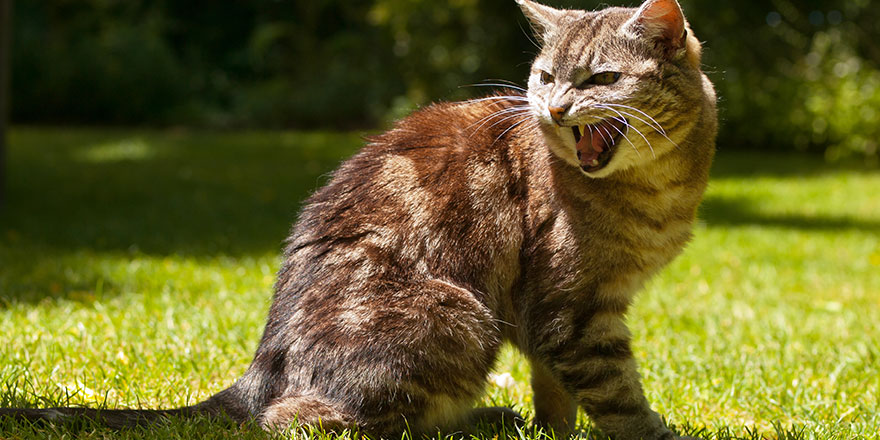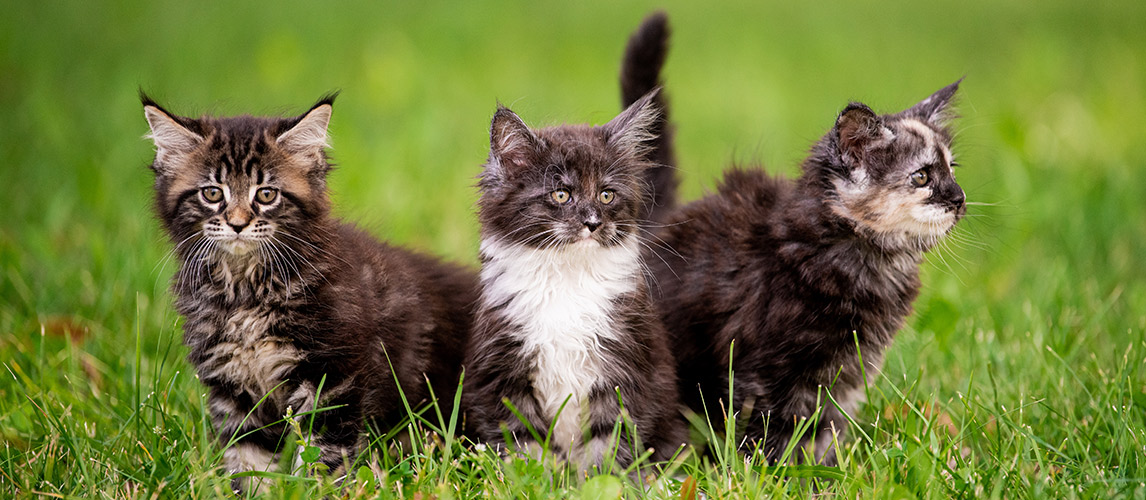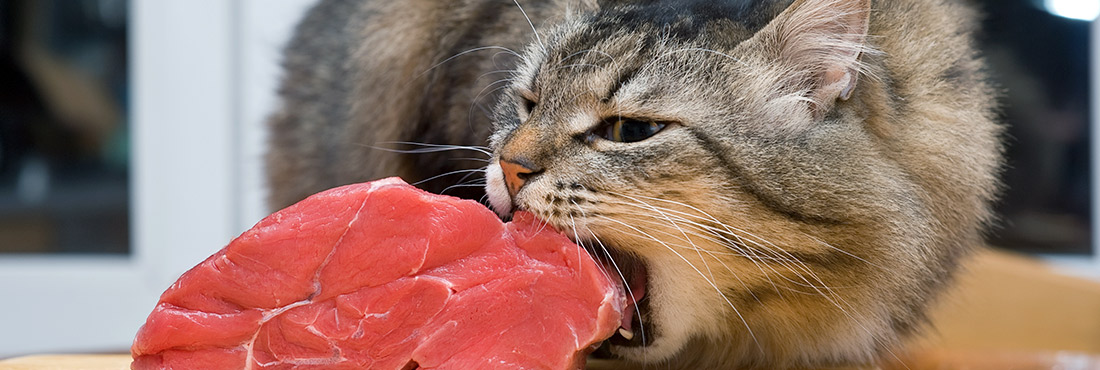Cats have a range of vocalizations they use for communicating. Some are more subtle whereas others are a little more dramatic and concerning. A cat meows to gain the attention of its pet parent, whether they want food or attention but have you ever heard a cat scream? You will certainly know if you have and if you’re looking for answers to ‘why is my cat screaming?’ you will find everything you need to know right here.
The Definition Of Cat Screaming
Cats screaming is as obvious as it sounds. The noise itself is a primal, sometimes high-pitched, sound that can shake you to your core. It’s not a sound that is commonly made but most cats may scream to alert you of something troubling to them.
Screaming Compared To Your Cat’s Meow
When adult cats meow it can be to communicate simple things. They may be greeting you, asking for attention, demanding food, or needing their litter box tended to. Kittens meow for similar reasons but may primarily do it to demand food or milk.
Screaming, on the other hand, is not common and can often be your cat trying to alert you to something more serious which we have gone into below.

Why Do Cats Scream?
Cats will often yowl or scream to gain the immediate attention of their owner. However, there are some other reasons that you may not have considered before. Here, we have listed the most common reasons why cats scream.
Distress
Sometimes a cat screams to get your attention if they are in distress. For example, they may start screaming if they’ve been accidentally locked out of the house or in a closet. The same goes if they’ve gotten themselves stuck somewhere.
Pain
Some medical conditions and illnesses such as kidney disease or arthritis may leave your cat in immense pain resulting in screaming. Medications can often combat the affliction but if you’re not aware of a health issue, cats scream to try and bring your attention to the problem.
Fear
Indoor cats that are not fond of visiting felines may feel the need to scream to tell you they are fearful or angry. Cats might also scream if they are in a position they consider menacing such as being approached and touched by children or being harassed by other animals or dogs in the house.
Screaming might also be the warning of an oncoming fight with other cats or pets if they are particularly hostile or territorial.
Confusion
Older cats may develop the tendency to scream or meow more. Sources claim that as cats age they can begin to develop signs of dementia and will scream or meow excessively out of confusion. This cognitive dysfunction and mental confusion will leave them feeling disorientated and, as a result, can make them feel angry or fearful.
Hormones
As we all know, hormones wreak havoc with our systems and the same can be said about cats. When a female cat enters her heat cycle she might begin screaming in an attempt to find a male cat to mate with. Males yowl in response to smelling or hearing a female in heat.
Why Do Cats Scream At Night?
Cats are primarily nocturnal creatures and will likely spend the daytime getting some sleep. Therefore their most active period is during the night when their humans are in bed. It’s during this period that they may additionally become anxious or scared as their owner is not around fully to pay them attention.
Note: In addition to yowling or screaming, excessive meowing may also be apparent if the problem is important. In addition, depending on a cat’s individual personality and temperament, yowling can sometimes be a form of attention-seeking.
How To Stop Your Cat From Screaming
When cats scream, it’s important that you investigate the reason behind it. Ignoring it may allow a health condition to exacerbate or will leave your feline friend feeling more and more anxious or stressed.
Seek A Vet Immediately
When your cat’s screaming excessively it’s important that you rule out a medical issue, to begin with as numerous diseases can leave your cat in agony. A veterinarian will not only be able to provide medication to help ease the suffering but can also provide advice for aftercare if the issue is long-term.
A vet may also be able to recommend specific diets to satisfy your cat’s appetite if the screaming happens because they’re hungry. Similarly, if you rely on an automatic feeder, make sure that it always has a good amount of dry food in before you leave the house or go to bed at night. This will ensure you won’t be woken or be met with a crying cat when you get home.
Get Them Spayed/Neutered
Spaying female cats will not only prevent an unwanted litter but it will also prevent certain diseases (especially if they are outdoor cats). Moreover, having a veterinarian fix your cat will reduce bad behaviors that are the result of being in heat.

Adjust Your Home
Making a safe space for your kitty can make an incredible difference to their well-being. Aging cats especially will appreciate a safe and familiar space to relax. It will also offer a place to go to get out of the way of children and other pets (or even a new pet if applicable).
Also, spend time with your cat. This will not only strengthen your bond with your cat but will also help ease any anxiety or stress your cat may be feeling. Playtime is also important as it can occupy your cat mentally.
Additionally, if your cat screams to be let in after being locked out, it may be a good idea to install a kitty door to let them come and go as they please.
Getting Support
Despite what some may believe or hear, cats can sometimes become lonely and may need a bit of extra attention. If this is the case, try hiring a pet sitter during times you are not at home to keep your cat or kitten company.
What Not To Do: Scolding will not prevent your cat from screaming as it will only exacerbate bad behavioral tendencies. Scolding your cat will temporarily stop the screaming but they may become scared of you or begin to act out more.







